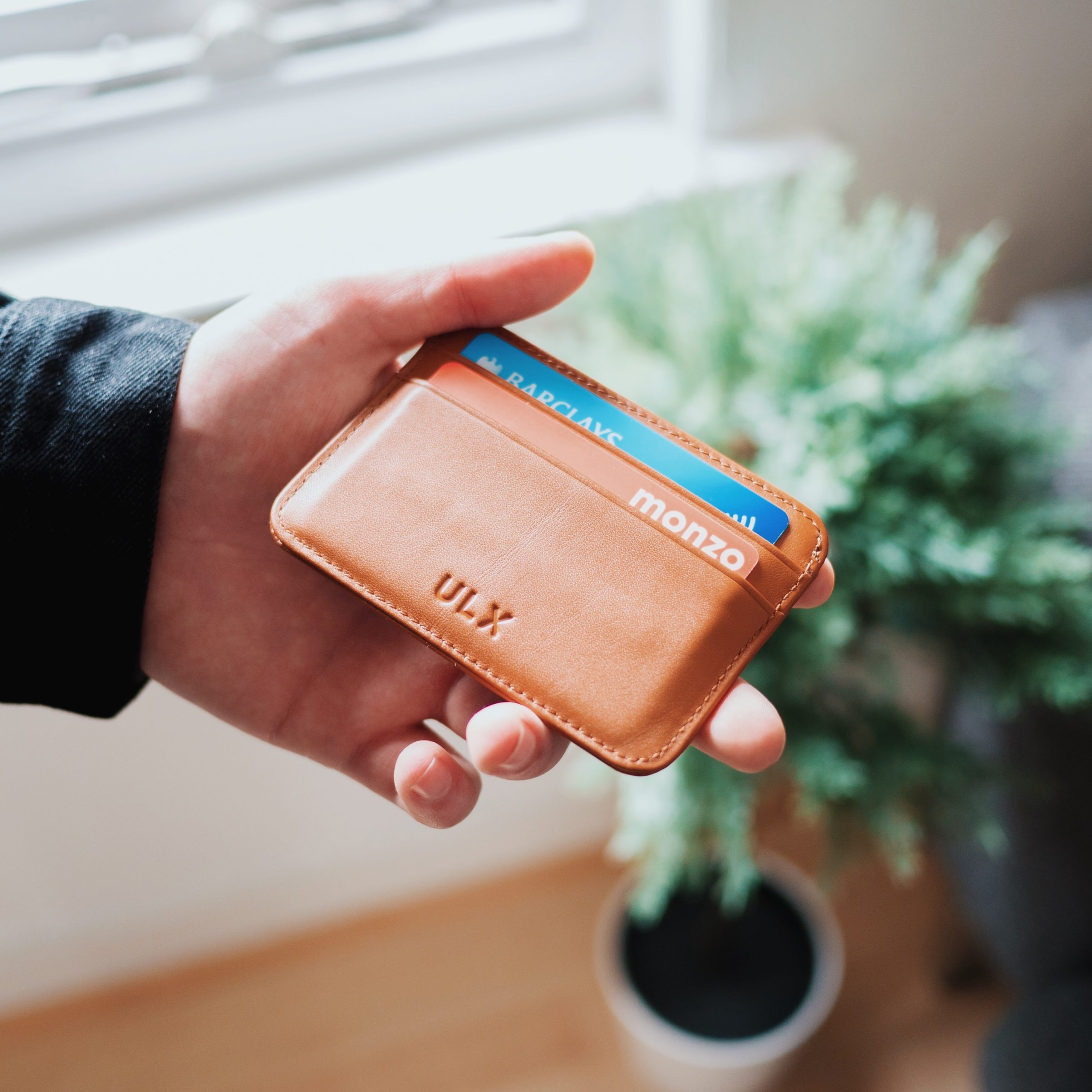Getting reimbursed for an internet scam or credit card fraud: find out about chargeback
- You bought a product on an e-commerce site and the product was never delivered
- You bought a product on an e-commerce site and the delivered product does not correspond at all to the product sheet
- You have subscribed to an online service and despite your efforts not to renew the subscription, the site continues to charge you month after month
- Hidden subscription: you found yourself subscribed to a service without having requested it
...
Note that, if you paid for your purchase by credit card, you can request a “chargeback” (= reimbursement procedure) with your banker among others! How and under what conditions? This is what we will detail in this article.

Trust I stop the costs! ==> Click here
Under what conditions can I request a chargeback?
If your case is one of these 3 hypotheses, you can initiate a reimbursement request procedure:
The products or services you ordered have not been delivered OR do not match what was sold to you
The trader has gone bankrupt
You are the victim of fraudulent use of your bank card (= your card information has been hacked)
How long do I have to request a refund?
Your refund request must be made before the expiration of eight weeks from the date the funds were debited.
Chargeback: who reimburses?
Depending on each case, the various parties from whom you could obtain a refund are: the e-commerce site itself, the bank or the issuer of the bank card (Visa, Mastercard, etc.)
Do scam refunds only work with foreign websites?
No, they can also work with French sites (to be seen on a case-by-case basis with your banker)
How to request a refund following an internet scam (credit card fraud)?
You have three options:
1. Contact the company you ordered from. Make it clear that you are requesting a full refund for the order, and if they refuse, you will look to whatever solutions exist for the refund. Maybe you could have a nice surprise! But if not, don't worry, there are other alternatives.
2. Contact your banker with as much information as possible: proof of your purchase (debit title on your account statement, order confirmation email, etc.) and request a “chargeback” procedure.
3. If you have obtained a refusal from the bank, you can try to contact directly the company that issues the bank card (Mastercard, Visa, etc.)
- To request a refund from Visa: their contact form
- To request a refund from Mastercard: 0800 90 1387 (free call)
4. If you have obtained refusals from the bank and the card publisher, here are some additional remedies: enter your bank's mediator (you will normally find the contact and address of your bank's mediator). at the bottom of your bank statements). If the site behind the scam is outside the EU, you can also contact the European Consumer Center France.

Going further on the subject of chargeback: sources and additional information
- The DGCCRF (General Directorate for Competition, Consumption and Fraud Control) file on the Economy, Finance, Action and Public Accounts portal on the chargeback.
- Codes to give: if you contact Visa or Mastercard as part of a reimbursement process, they will ask you for a “code” to categorize your request and process it as best as possible. Here are the most common codes:
- Product not received or service not provided: 48 55
- Non-conforming product or service or counterfeit product: 48 53
- Unauthorized payment: 48 37
- Product not received or service not provided: 13,1
- Non-conforming product or service: 13,3
- Unauthorized payment: 10,4
- Counterfeit product: 13,4
MasterCard
Visa
Sources and additional information concerning the chargeback codes to be found on the site 60 million consumers.
Identify unknown bank CB debits
Unwanted bank statement charges: what to do?
New direct debit on my account: where does it come from?
Where does this levy come from? How to identify it?
Unwanted subscription: how to cancel bank direct debits?
Identify and stop an unknown bank debit
Debit or credit card withdrawal problem: what is this direct debit?
Debit credit card unknown: what to do?
How to identify and stop this direct debit?
Unknown card debit titles: where do they come from?
